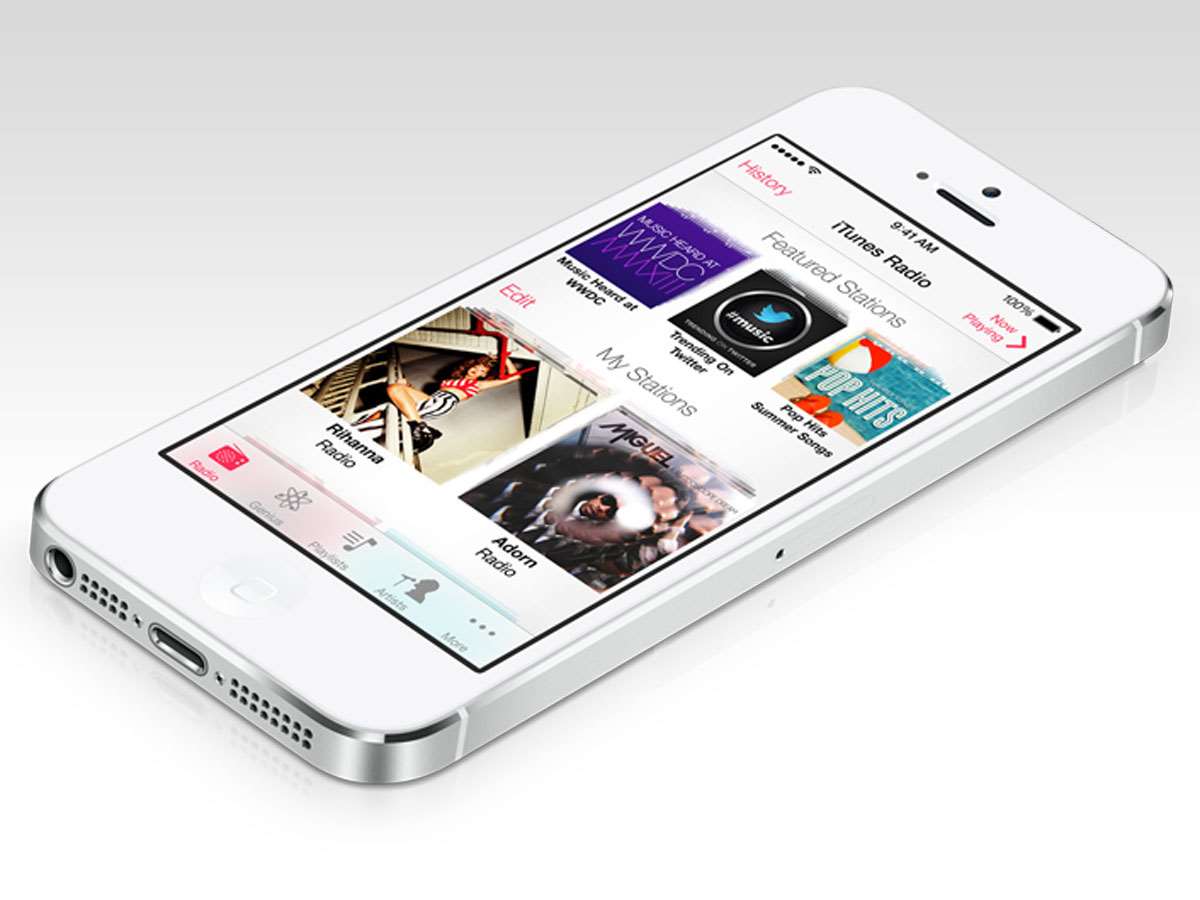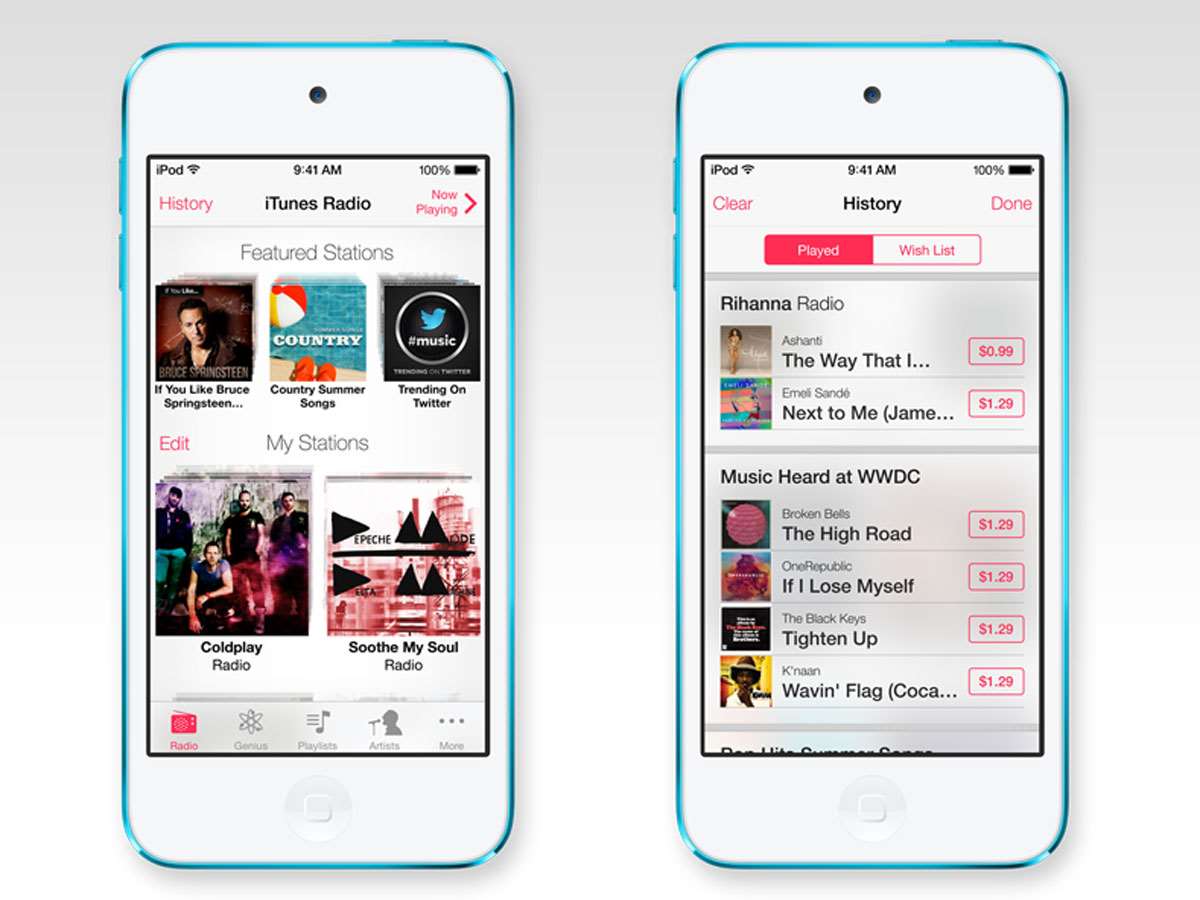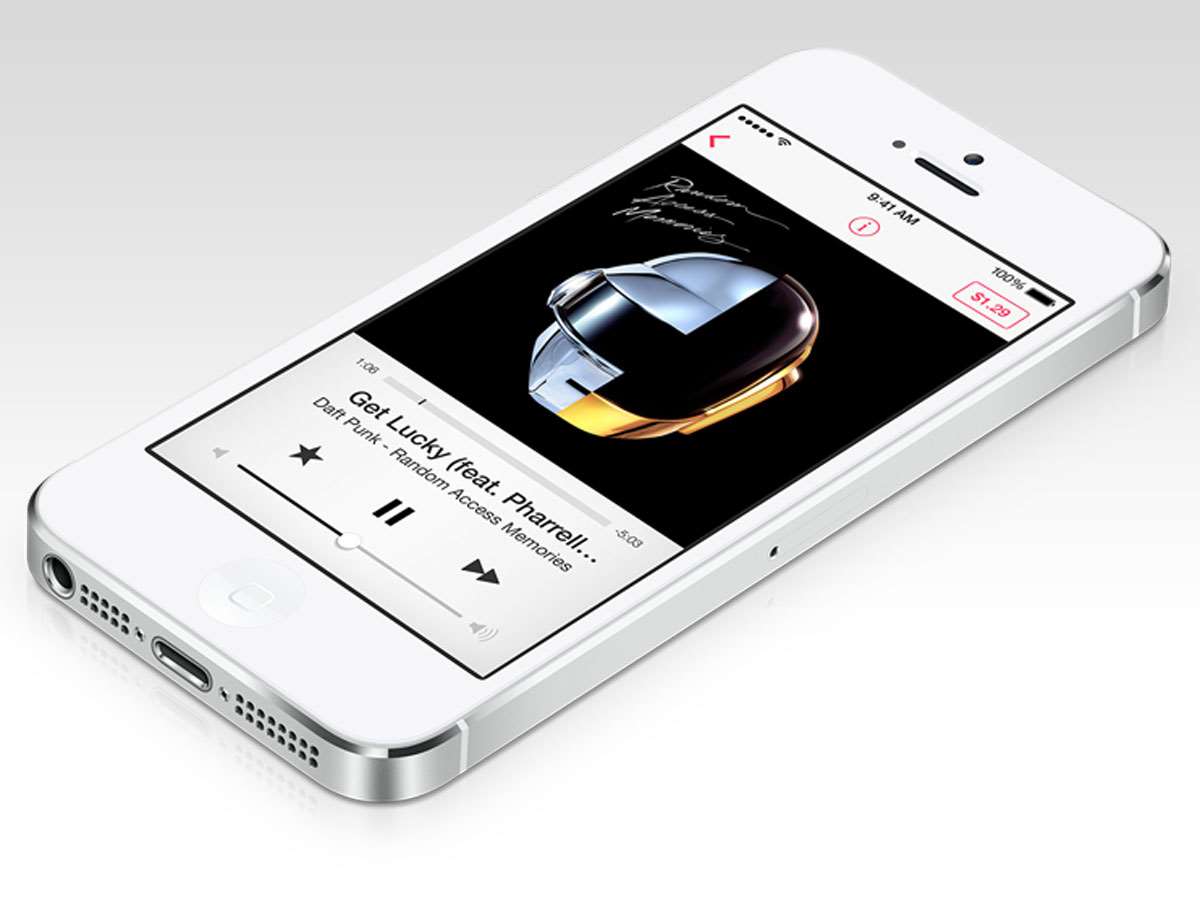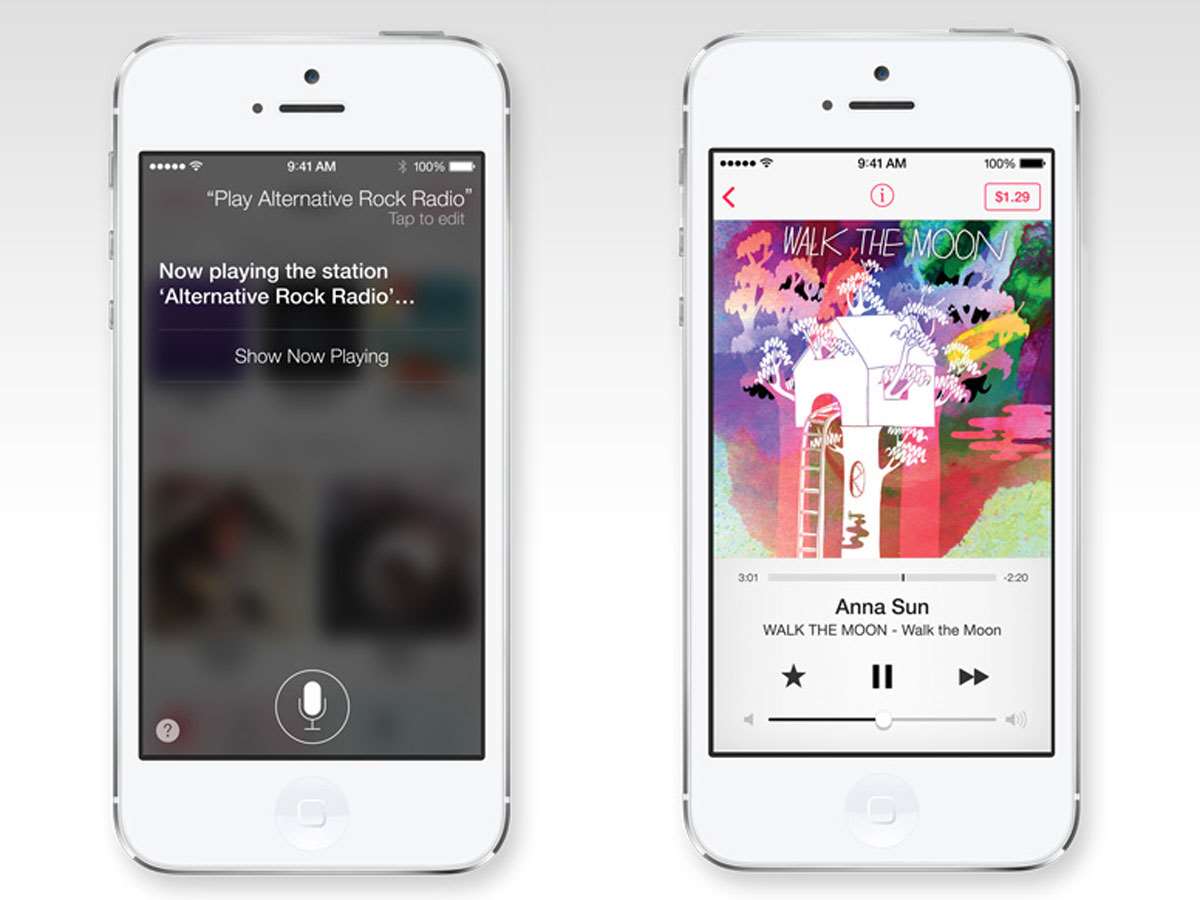
Normal people aren't into tech launches. Most don't hang on Tim Cook's every word. Most didn't stay up until 2am to get a first glimpse of the PS4. Most haven't even seen that clip of Microsoft's Steve Ballmer bounding around the stage screaming 'I love this company'. (If you haven't, do it right now).
No, that sort of behaviour's reserved for the likes of you and me. But yesterday, in the midst of the most thrilling WWDC keynote in years, even I failed to conjure much enthusiasm for Apple's iTunes Radio.

Some time ago I worked on a feature about Pandora, a US-based service that iTunes Radio looks strikingly similar to. I remember telling it that my ZIP code was 90210 in a bid to get it to work in the UK. I was amazed that you could get decent music, for free, that I wanted to listen to.
And I remember that this felt thrilling and new – in 2005.

That's why to me a streaming radio service that fashions itself around your musical proclivities already seems old in 2013. iTunes Radio isn't a revolutionary new service designed to change the way we consume media: it's Apple's take on a proven model. Longtime rival Google has already announced its own streaming music offering, Google Play Music All Access, which creates playlists based on what you're listening to and recommends tracks using your friends' G+ feeds. And Nokia's Jyrki Rosenberg even made the faintly ludicrous assertion that Apple's playing catch-up.
The thing is, what the likes of you and me think doesn't matter. iTunes Radio isn't intended as a standard bearer for a new wave of Apple innovation; it's a smart tool to market iTunes downloads to the masses. Because, as a radio service, it won't play you the exact song you want to listen to; it plays you stuff that's similar, using all the data that Apple has harvested about your listening habits to fill your ears with tunes that you're statistically likely to enjoy. Then it makes it very easy to buy those new songs.

This is a shrewd move. For all the tech world's bellyaching about iTunes being left behind by more innovative services such as Spotify – that downloads are dead, and streaming is the new black – it's mostly just noise from guys like me who long to see something they haven't before.
Numbers explain why Apple has taken this route: the US-only Pandora claims 200 million users across mobile and desktop. The five-year-old Spotify is international, spanning 28 countries including the USA, and an audience potentially much larger - but has a relatively paltry 24 million active users in total, and only 6 million of the paying variety. When it's launched outside of the USA, iTunes Radio has a potential iOS audience of over 500 million, and much more besides on desktop computers.

All this suggests that the majority of people really like personalised streaming radio – more even than choose-your-own-tunes services like Spotify. And now, Apple has a platform to deliver it. Even if it fails to convert radio-listening into tune-buying, thanks to its ad-funded model it has the potential to be a resounding success.
This may not be tremendously exciting for the likes of you and me, and it's pretty sad for the likes of Pandora. But it's strategically savvy, and it's going to make pots of cash. Classic Apple.
You might also like
Sony PS4 hands-on review
Grand Theft Auto V gets nine new screenshots
PS4 may have some DRM after all







.jpg&h=142&w=230&c=1&s=1)
.png&h=142&w=230&c=1&s=1)
_(27).jpg&h=142&w=230&c=1&s=1)




.jpg&w=100&c=1&s=0)








_(1).jpg&q=95&h=298&w=480&c=1&s=1)


